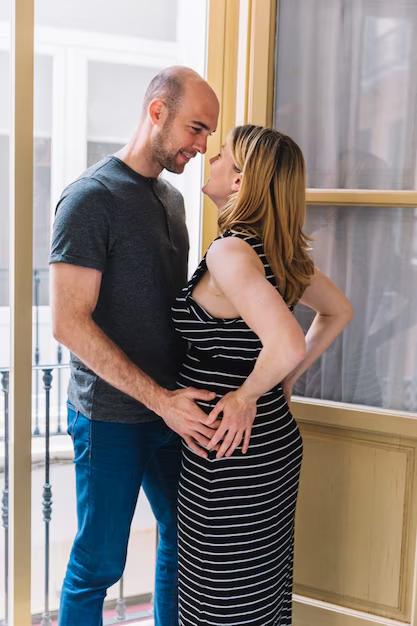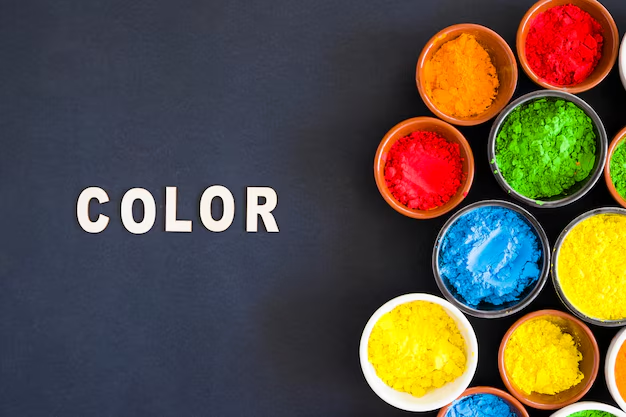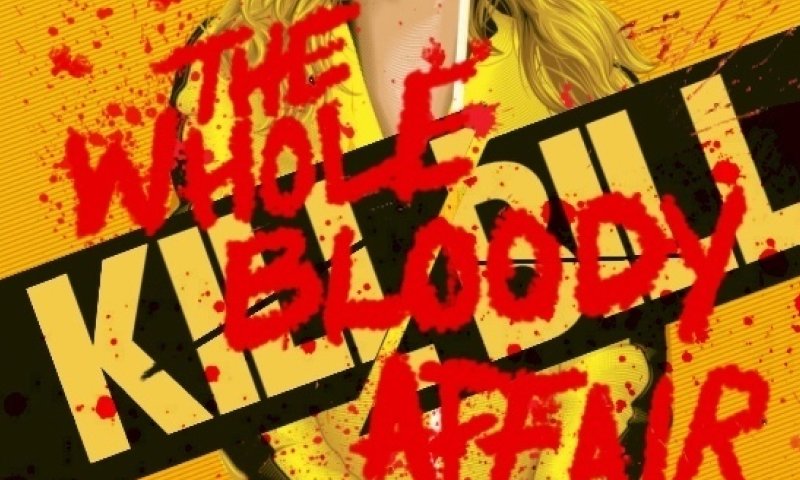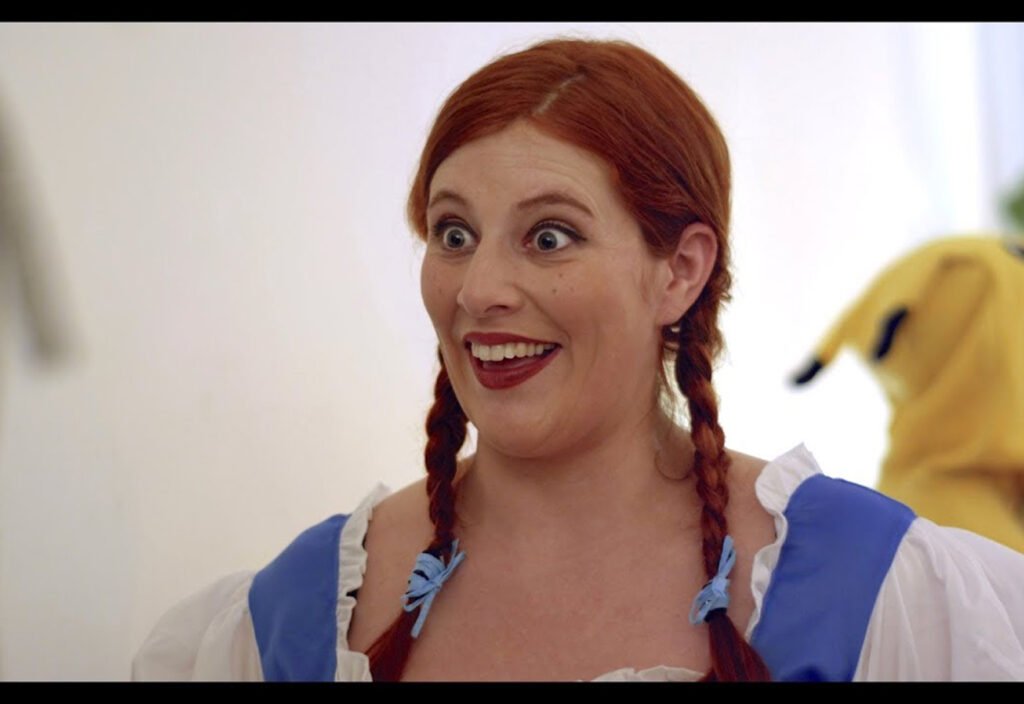
Black Rabbit – An Intense, Flawed Feast
Black Rabbit is a limited series out in 2025, carrying the kind of gritty drama and mystery that promises more than just surface thrills. With creators Kate Susman and Zach Baylin at its helm, and starring Jude Law and Jason Bateman, the show sets its stage in New York’s restaurant‐business world—but not the gloss we often expect. Underneath the lights and suits, there’s darkness: addiction, debt, loyalties stretched thin, and past traumas that refuse to stay buried.
The Setup
The core of Black Rabbit follows brothers Jake and Vince Friedken. Jake is the restaurateur—ambitious, trying to build something lasting, respectable. Vince is in trouble: addiction, gambling, crises that seem to follow him. When Vince returns into Jake’s orbit (and more specifically, into the family business), Jake’s careful balance begins to wobble.
As the series progresses through its eight episodes, we see financial stress, criminal entanglements, conflicting loyalties, and the way in which Jake’s dream (the restaurant) becomes both a refuge and a battleground.
What It Does Well
- Strong performances – Jude Law and Jason Bateman deliver characters that are layered. You get both their strengths and their flaws; you believe in their frailties. The relationship between the two brothers—protective, resentful, hopeful, destructive—is one of the most compelling parts.
- Atmosphere and tone – The show doesn’t shy away from grit. The restaurant world here is glamorous on the surface, but the underbelly (debts, danger, secrets, addiction) seeps through. That contrast adds tension: how much can the façade hold before it cracks?
- Pacing in the back half – The mystery, the stakes, and the character arcs deepen as things move forward. The series takes time to let the emotional cost of choices settle in, and by midway to later episodes, things start to feel more urgent and intense.
- Range of conflict – It mixes internal family conflict with external threats: financial pressures, criminal elements, reputational risk. So it isn’t just Jake vs. Vince or inner demons—it’s those plus danger from outside.
Where It Stumbles
- Over-indulgence in grit – Sometimes the show leans so heavily into its dark corners that it becomes almost numbing. The relentlessness can feel like it overshadows character nuance or thematic subtlety.
- Predictability and familiar beats – Some plot turns follow rhythms we’ve seen before in crime dramas or family-dysfunction stories. A few moments feel telegraphed rather than surprising.
- Episode length vs payoff – The series devotes over an hour to many episodes. When everything aligns, this gives room for development. But there are stretches where momentum slows, where scenes feel like they’re treading water without pushing the story forward.
- Emotional payoff isn’t always clean – Because the story embraces messiness, its ending (while consistent with the tone) may leave viewers feeling drained more than satisfied. There’s resolution, but not always comfort.
Themes & Takeaways
- Family and loyalty are messy: The bond between brothers, especially when one is trying to build (or protect) something and the other has self-destructive tendencies, is central. Loyalty doesn’t mean ignorance of harm; sometimes doing the “right thing” by family makes things worse.
- Ambition and consequence: Jake’s dreams—his restaurant, his reputation, his future—are constantly in tension with the cost of preserving them. Vince’s behavior forces Jake to reckon with what he’s willing to sacrifice (morally, emotionally, financially).
- Secrets and identity: What someone seems to be—successful restaurateur, troubled addict, loyal brother—isn’t the full story. As the past comes back and threats mount, identities shift. The question becomes: What is the price of keeping up appearances?
- Redemption is complicated: The show doesn’t promise clean redemption; instead, it suggests that recovery, forgiveness, and change are ongoing, often painful, and sometimes ambiguous.
Verdict
If you enjoy drama series that don’t pull punches, Black Rabbit delivers. It’s not perfect—there are times it gets heavy, repetitive, or falls into familiar tropes—but it earns a lot of its tension and emotional weight, largely thanks to its cast and its willingness to explore messy human relationships without sugarcoating.
This is a show to watch if you want something moody and serious, especially if you’re okay with discomfort, ambiguity, and stories that leave some things unresolved. Not for light viewing—but very compelling for those who want depth.



















